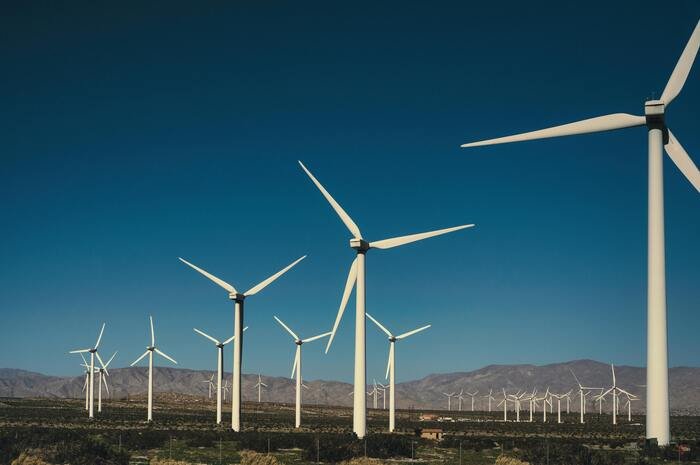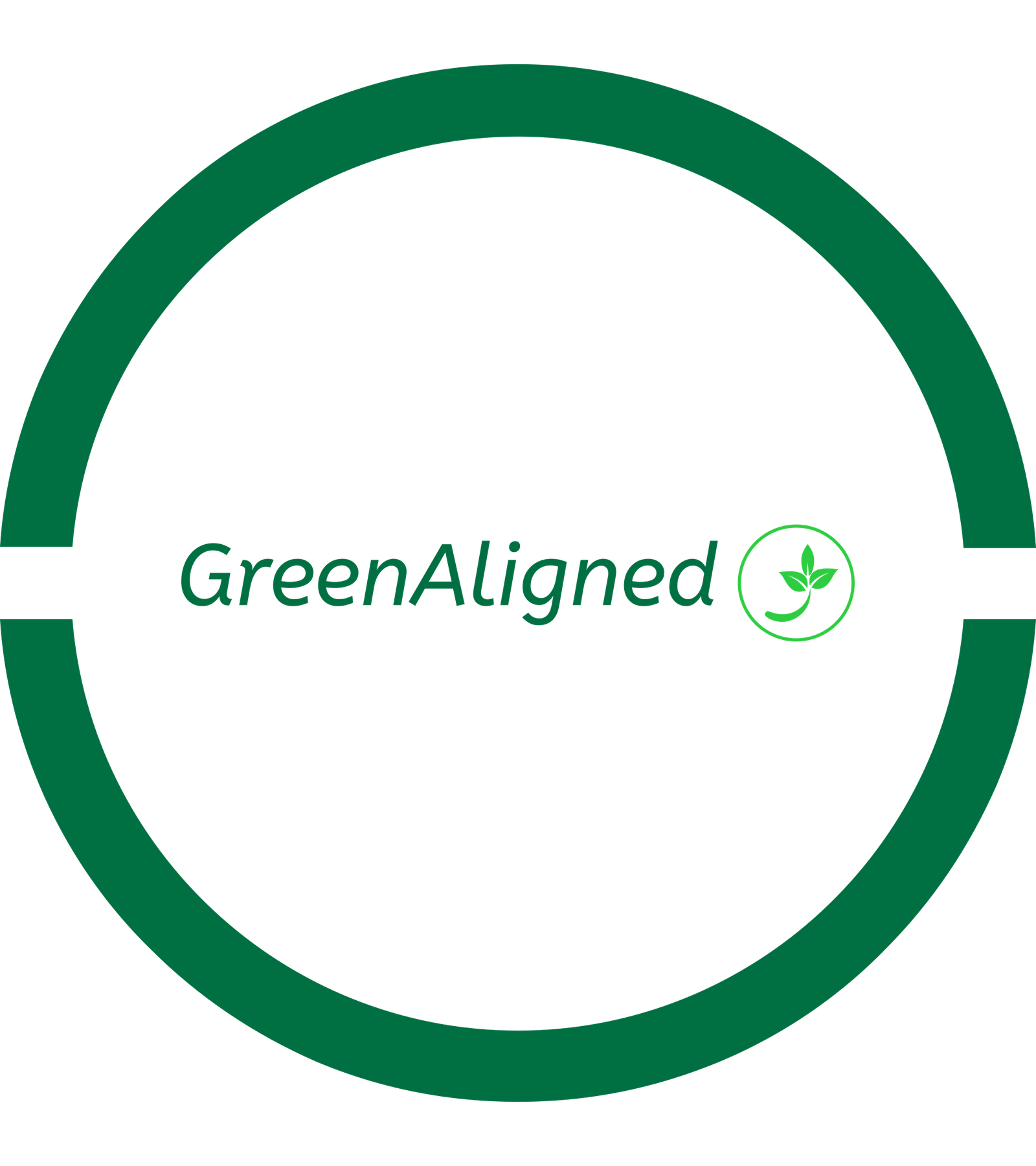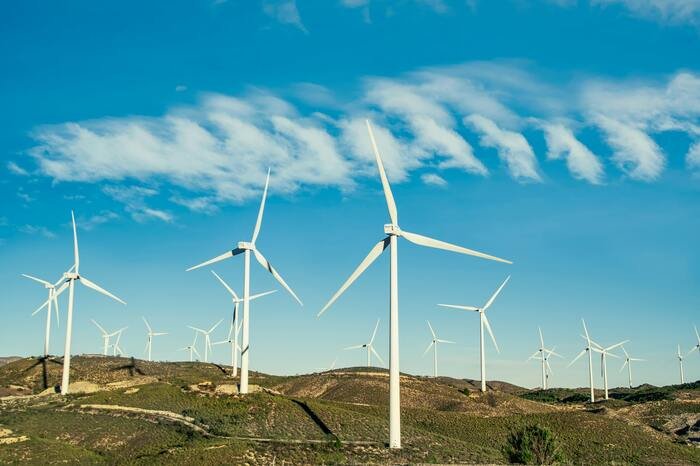
Overview of Wind Turbines
Wind turbines are devices that harness the kinetic energy of the wind and convert it into electrical power. These towering structures consist of blades that rotate when the wind blows, spinning a generator to produce electricity.
Historical Context of Wind Energy
The utilization of wind energy dates back centuries, with early windmills being used for grinding grain and pumping water. Today, modern wind turbines have evolved to generate clean electricity on a larger scale.
Purpose of the Article
This article aims to highlight the multifaceted benefits of wind turbines, emphasizing their role in promoting sustainability, fostering economic growth, and enhancing social well-being.
Environmental Advantages Of Wind Turbines
Wind turbines offer a range of environmental benefits that contribute to the preservation of our planet and combat climate change.
1. Renewable Energy Source
Unlike fossil fuels, wind energy is a renewable resource that will never run out. By harnessing the power of the wind, we can reduce our reliance on finite and polluting sources of energy.
2. Reduction of Greenhouse Gas Emissions
Wind turbines generate electricity without releasing any greenhouse gases or other harmful pollutants. By replacing traditional fossil fuel power plants with wind energy, we can significantly reduce carbon emissions and mitigate the impacts of climate change.
3. Preservation of Natural Resources
The use of wind turbines helps conserve natural resources such as water and land, which are often exploited in the extraction and burning of fossil fuels. Wind energy offers a sustainable alternative that minimizes environmental degradation.
Economic Advantages Of Wind Turbines
In addition to their environmental benefits, wind turbines contribute to the economy in various ways, creating jobs and promoting energy independence.
1. Job Creation
The wind energy sector creates numerous job opportunities in manufacturing, installation, maintenance, and research. These jobs not only provide employment but also support local economies and drive innovation.
2. Cost-Effectiveness
Wind energy has become increasingly cost-competitive with traditional energy sources. The operational costs of wind turbines are low, making wind power an attractive option for electricity generation.
3. Energy Independence
By diversifying our energy sources and investing in wind power, countries can enhance their energy security and reduce dependence on imported fossil fuels. Wind energy offers a pathway to greater energy independence and resilience.
Social Impact of Wind Turbines
Wind turbines have a positive impact on communities, promoting engagement, improving public health, and creating educational opportunities.
1. Community Engagement
Wind energy projects often involve local communities in the planning and decision-making process, fostering engagement and collaboration. Community-owned wind farms can provide economic benefits and strengthen social ties.
2. Public Health Benefits
The shift towards clean energy sources like wind power can result in improved air quality and public health outcomes. By reducing air pollution and greenhouse gas emissions, wind turbines contribute to healthier communities.
3. Educational Opportunities
Wind energy projects offer educational opportunities for students and the public to learn about renewable energy technologies and sustainability. Schools and universities can engage in research and training programs related to wind power.
Technological Advances in Wind Turbines
Advancements in wind turbine technology have led to improved efficiency, reliability, and future prospects for expanding wind energy capacity.
1. Improved Efficiency
Modern wind turbines are more efficient at converting wind energy into electricity, thanks to innovations in blade design, materials, and control systems. Higher efficiency means more electricity production for the same amount of wind.
2. Reliability
Wind turbines have become more reliable and durable, with enhanced maintenance practices and monitoring systems. These improvements have increased the uptime of wind farms, ensuring a consistent and stable energy supply.
3. Future Prospects
The future of wind energy looks promising, with ongoing research and development focused on increasing performance, reducing costs, and integrating wind power into smart grids. Wind turbines will play a crucial role in the transition to a sustainable energy system.
Summary
In conclusion, the benefits of wind turbines are vast and impactful, ranging from environmental and economic advantages to social and technological progress. By harnessing the power of wind energy, we can move towards a more sustainable and resilient future.
Recap of the Various Advantages Discussed
- Wind turbines offer renewable energy that reduces greenhouse gas emissions.
- The economic benefits include job creation, cost-effectiveness, and energy independence.
- Social impacts of wind power involve community engagement, public health benefits, and educational opportunities.
- Technological advances have improved efficiency, reliability, and future prospects for wind energy.
Call to Action for Supporting Wind Energy
As advocates for sustainability and clean energy, let’s support and invest in wind power to unlock its full potential for a greener world.
Frequently Asked Questions
How do Wind Turbines Work?
Wind turbines operate by capturing the kinetic energy of the wind with rotating blades that turn a generator to produce electricity.
Are Wind Turbines Noisy?
Modern wind turbines are designed to minimize noise levels, with sound emissions comparable to background noise in rural areas.
What Are the Disadvantages of Wind Energy?
Some potential drawbacks of wind energy include visual impacts, bird collisions, intermittency, and initial costs for installation.
By exploring the multitude of benefits associated with harnessing wind power through wind turbines, it becomes clear that this renewable energy source holds great promise for a sustainable future.




